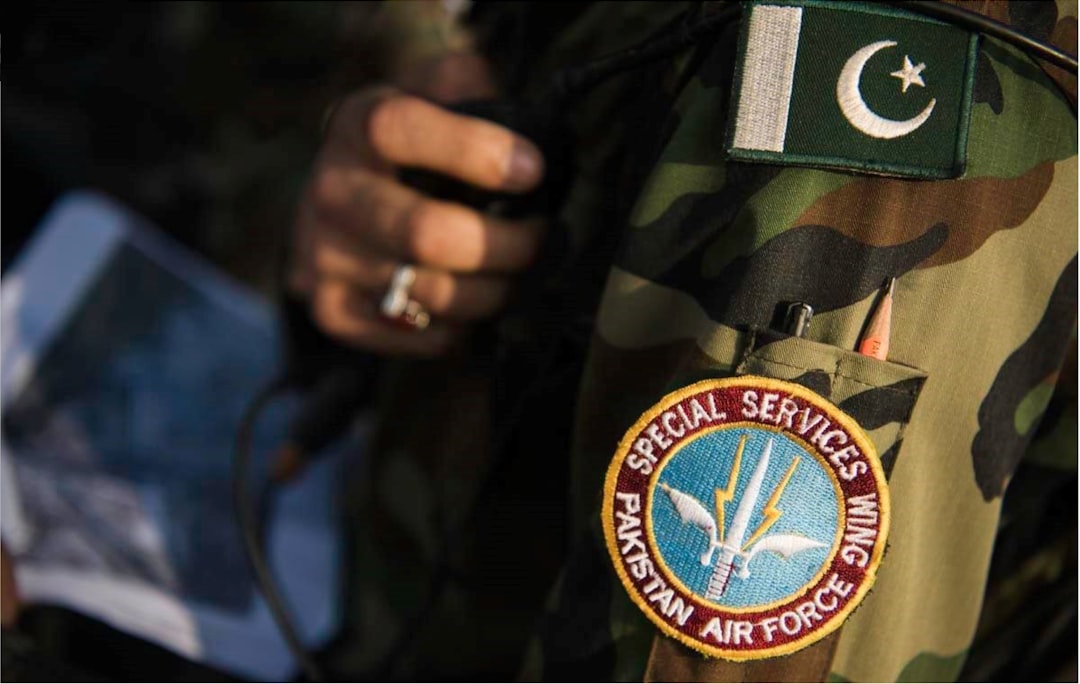What is it about?
This study discusses the limits of Turkey’s discourse and practice on humanitarian diplomacy with respect to its peacebuilding in Somalia. The Turkish model of humanitarian diplomacy attempts to find a balance between conscience and interest. It is multi-track in that it pursues diplomacy through official, civic and business channels. Although there is a humanitarian dimension to Turkey’s policy in Somalia, there is also a dimension of interest and power, indicating a long-term projection of securing a role for itself in regional and international politics. As tools of humanitarian diplomacy, mediation and peacebuilding provide Turkey with regional and global prestige, status and leverage ensuring safe entry into volatile and dangerous post-conflict zones such as Somalia. Humanitarian diplomacy is an ideal that adds a human dimension to diplomacy. Its realization is limited by the realities on the ground, the interests of the intervening country, the public support for humanitarian diplomacy, the capacity of the intervening country as well as by the need for regional recognition and international support.
Featured Image
Read the Original
This page is a summary of: Turkey's Peacebuilding in Somalia: The Limits of Humanitarian Diplomacy, Turkish Studies, December 2013, Taylor & Francis,
DOI: 10.1080/14683849.2013.863448.
You can read the full text:
Contributors
The following have contributed to this page










